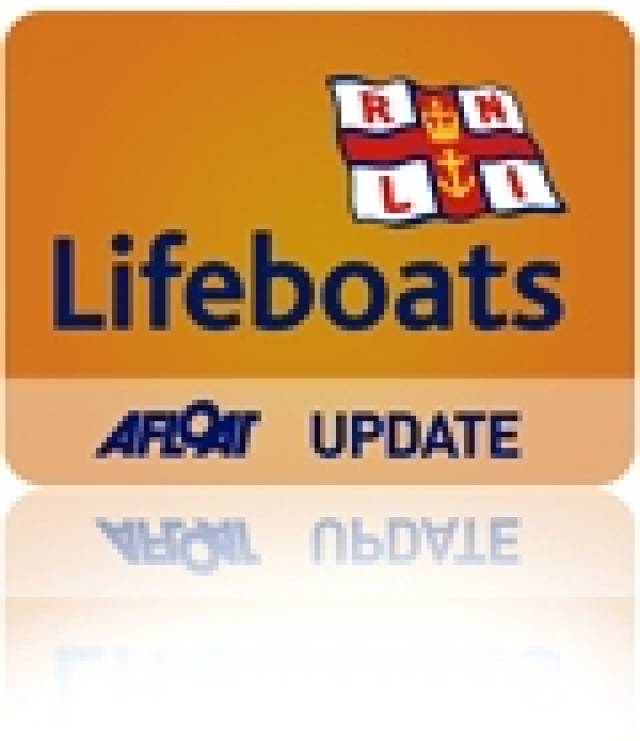#RNLI - Youghal RNLI is to launch a 2014 calendar to mark the 175th anniversary of the establishment of the lifeboat station, which has been serving the areas around East Cork and West Waterford since 1839.
A photographic trawl from past to present, combined with a scattering of insightful facts, makes this calendar a fascinating study of the station’s rich history.
The calendar takes us from humble beginnings when the first lifeboat station was built at a cost of £100 back in 1857, right up to the present day where we see the current state-of-the-art station that’s home to an Atlantic 75 inshore lifeboat and continues to be crewed by the community’s volunteers.
Since the station was established, Youghal RNLI has launched 504 times, saving the lives of 213 people and rescuing a further 362.
Published by Youghal RNLI and their fundraising branch, the calendar will be launched at 7.30pm on Sunday 20 October at the Mall Arts Centre in Youghal.
Speaking ahead of the launch, Youghal RNLI volunteer lifeboat press officer Noreen Varney said: “The original idea for the calendar came about following a discussion between crew members Joe Moore, Brendan O’ Driscoll, myself and fundraising secretary Susan Mason. We thought it would be a great idea given that we would be celebrating our 175th anniversary in 2014.
“Once we had decided to go for it, we asked our local businesses to sponsor the project and we are indebted to them for their support."
Varney added that the photos included “are a combination of the lifeboats we have had in Youghal throughout the 175 years and the crews that have served them. The photos were taken by various people and we are grateful to them too for their input.
“We hope the calendar will make way for a nostalgic 2014 as readers peruse the photos and savour the short snippets of history month after month. The proceeds raised from the sales of the calendar will help us to continue to save lives at sea."
The calendar - simply entitled Youghal Lifeboat Calendar 2014, will be available to purchase locally in Read & Write, Cree’s card shop, Muckley’s Jewlellers, Crowley’s service station, Galvin’s CostCutters, Country Stores Kinsalebeg, Centra in the Strand, Centra in Killeagh, J Coleman in Killeagh and the Youghal Lifeboat Souvenir shop for €10, or alternatively by contacting Noreen at 087 050 6640 or [email protected].































































